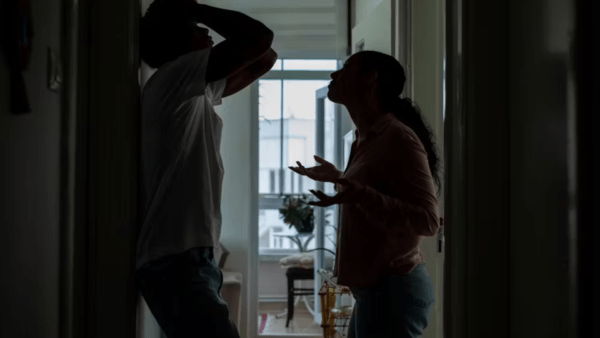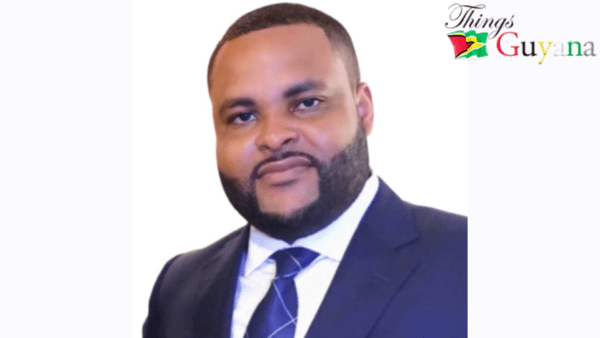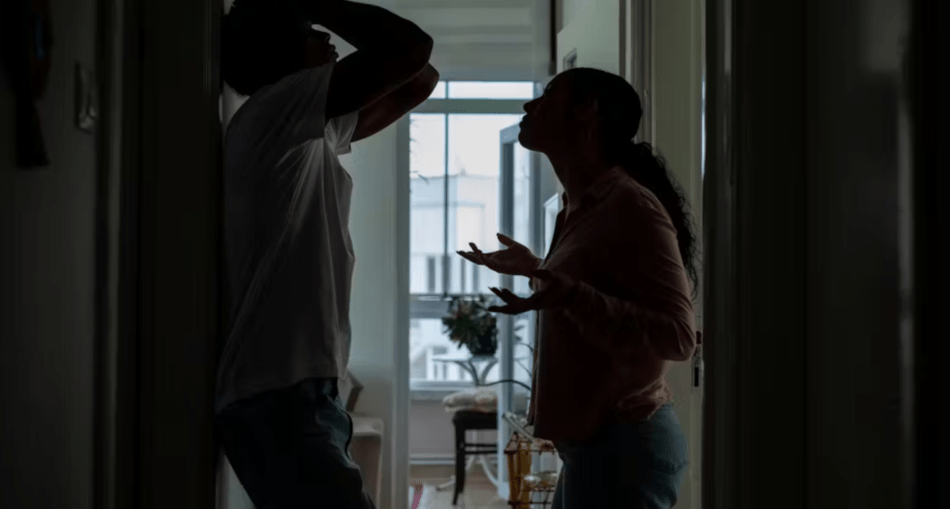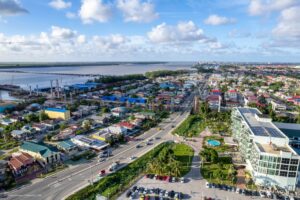Domestic violence and trauma are critical issues in Guyana, affecting a substantial portion of the population.

Research and analysis conducted by UNICEF under the Spotlight Initiative, in partnership with state and non-state actors, revealed that one in five women have experienced non-partner sexual abuse in their lifetime.
However, Dr. Moses Roderique, a Clinical Psychologist, shared with ThingsGuyana that the consequences of abuse are far-reaching, impacting mental health and well-being in profound ways.
From depression and anxiety to post-traumatic stress disorder (PTSD), survivors face numerous challenges that shape their lives long after the abuse ends.
THE DEEP PSYCHOLOGICAL IMPACT OF ABUSE
From my experience, domestic violence and abuse are significant issues in Guyana. Survivors often experience a range of mental health issues, including depression, anxiety, PTSD, and low self-esteem. The impact can be profound, leading to difficulties in interpersonal relationships, employment, and overall quality of life.
Survivors of domestic violence often carry the emotional scars that hinder their ability to thrive in daily life, affecting their relationships and career prospects.
TRAUMA’S EFFECTS ON CHILDREN
According to Dr. Roderique, the effects of domestic violence are especially damaging to children. Growing up in abusive households exposes children to emotional and behavioural challenges that can persist into adulthood.

Dr. Moses Roderique
The psychological effects of trauma on children growing up in abusive households can be devastating. They may experience emotional dysregulation, difficulties in attachment, behavioural issues, and academic challenges.
Such experiences heighten the risk of anxiety disorders, depression, and maladaptive coping strategies. This set the stage for mental health struggles that can last a lifetime.”
LONG-TERM MENTAL HEALTH CONSEQUENCES
The long-term mental health consequences of domestic violence are often severe.
Common long-term mental health consequences observed in clients who have experienced domestic violence or sexual abuse include chronic anxiety, depression, PTSD, substance use disorders, and difficulty forming healthy relationships.
Many survivors also struggle with feelings of shame and worthlessness, which can impair their functioning in everyday life.
GENDER DIFFERENCES IN TRAUMA MANIFESTATION
The impact of trauma can differ between men and women, with varying ways of coping and expressing distress.
The manifestation of trauma from domestic violence may differ between men and women in Guyana. Women often internalise their trauma, leading to depression and anxiety, while men may externalise their feelings, resulting in aggressive behaviours or substance abuse.
Societal expectations and norms play a role in how trauma is expressed and addressed, with women typically more likely to internalise their pain and men to externalise it through aggression or substance abuse.
CULTURAL AND SOCIO-ECONOMIC FACTORS
Cultural norms and socio-economic factors also play a crucial role in how trauma is experienced and managed.
Cultural factors unique to Guyana, such as gender roles, socio-economic status, and traditional views on family and relationships, influence the experience and expression of trauma.
He also noted that stigma surrounding mental health issues often prevents individuals from seeking help, with many feeling reluctant to open up about their struggles due to fear of judgment.
THERAPEUTIC APPROACHES FOR TRAUMA SURVIVORS
In treating survivors of abuse, Dr. Roderique uses a variety of therapeutic techniques grounded in evidence-based practices.
The most effective therapeutic approaches I use include trauma-focused cognitive behavioural therapy (CBT), mindfulness-based interventions, and narrative therapy.
These approaches are tailored to meet the cultural needs of Guyanese clients, ensuring that therapy resonates with their lived experiences.
Trauma-focused CBT helps survivors process traumatic memories and develop healthier coping mechanisms, while mindfulness-based interventions help clients stay present and grounded.
Dr. Roderique also highlighted the role of narrative therapy in empowering survivors.
Narrative therapy helps clients reframe their traumatic experiences and take control of their personal narratives, helping them heal and regain a sense of agency.
CHALLENGES IN SERVING MARGINALISED COMMUNITIES
Providing mental health care to trauma survivors in marginalised communities presents unique challenges.
Challenges faced when providing therapy to trauma survivors from marginalized communities often include limited access to resources, cultural stigma regarding mental health treatment, and a lack of trust in mental health services.
Socio-economic constraints can also interrupt therapy, making it difficult for clients to maintain consistent treatment plans.
INCORPORATING CULTURAL SENSITIVITY IN THERAPY
One of the ways Dr. Roderique addresses these challenges is by incorporating culturally specific therapeutic techniques.
I incorporate storytelling, community engagement, and spirituality in the therapy process. These techniques help clients feel more comfortable and connected to their cultural identity, enhancing the effectiveness of treatment.
By integrating these culturally relevant methods, Dr. Roderique is able to build trust with his clients and create a therapeutic environment that respects their cultural heritage.
THE ROLE OF COMMUNITY SUPPORT
Dr. Roderique emphasised the importance of community support in the healing process for trauma survivors.
Community support systems, including family, religious groups, and local organisations, are critical in the healing process. They provide a sense of belonging, validation, and practical support, which can significantly aid recovery and resilience.
These community networks play a vital role in reducing isolation and promoting recovery.
OVERCOMING STIGMA AND ENCOURAGING HELP-SEEKING
The stigma surrounding trauma survivors in Guyana often discourages individuals from seeking help. Many fear judgment and ostracisation, which only deepens their mental health struggles.
Social stigma surrounding trauma survivors in Guyana can deter individuals from seeking help. Overcoming this stigma is essential for encouraging individuals to pursue the support they need.
Raising awareness and fostering a more supportive environment is key to ensuring that trauma survivors can access the help they deserve.
THE FUTURE OF TRAUMA-INFORMED CARE IN GUYANA
Looking to the future, Dr. Roderique is optimistic about the growing emphasis on mental health awareness in Guyana.
The future of trauma-informed care in Guyana looks promising, particularly with the growing emphasis on mental health awareness.
Increased training for mental health professionals, public education campaigns, and policy advocacy can help promote a more inclusive approach to care, prioritising the needs of trauma survivors and ensuring they receive the support necessary for healing.







